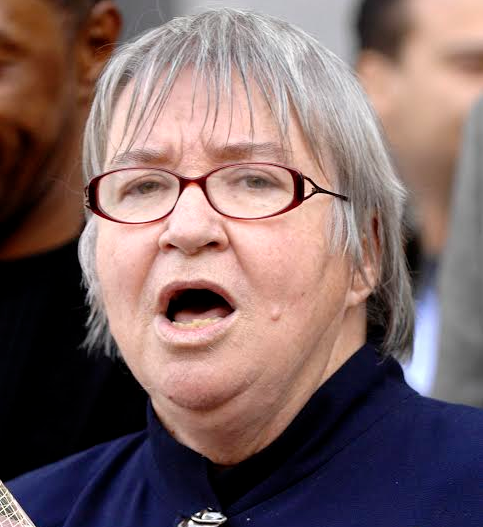Dying Brooklyn lawyer, imprisoned for terrorist involvement, is finally released

Manhattan Federal Judge John Koeltl has reversed his initial order and has granted a well-known, controversial Brooklyn lawyer’s request to be released from prison on account of a terminal breast cancer diagnosis.
Citing “extraordinary and compelling reasons” as the justification for reducing the prison sentence of Lynne Stewart, Koeltl ordered Stewart’s release to a Texas hospital.
Stewart, 74, has been imprisoned since 2009, serving a 10-year prison term after she was convicted of helping a blind Egyptian sheik to communicate with his associates while he was serving life in a plot to blow up five New York City landmarks and assassinate then-Egyptian President Hosni Mubarak.

Brooklyn Boro
View MoreNew York City’s most populous borough, Brooklyn, is home to nearly 2.6 million residents. If Brooklyn were an independent city it would be the fourth largest city in the United States. While Brooklyn has become the epitome of ‘cool and hip’ in recent years, for those that were born here, raised families here and improved communities over the years, Brooklyn has never been ‘uncool’.